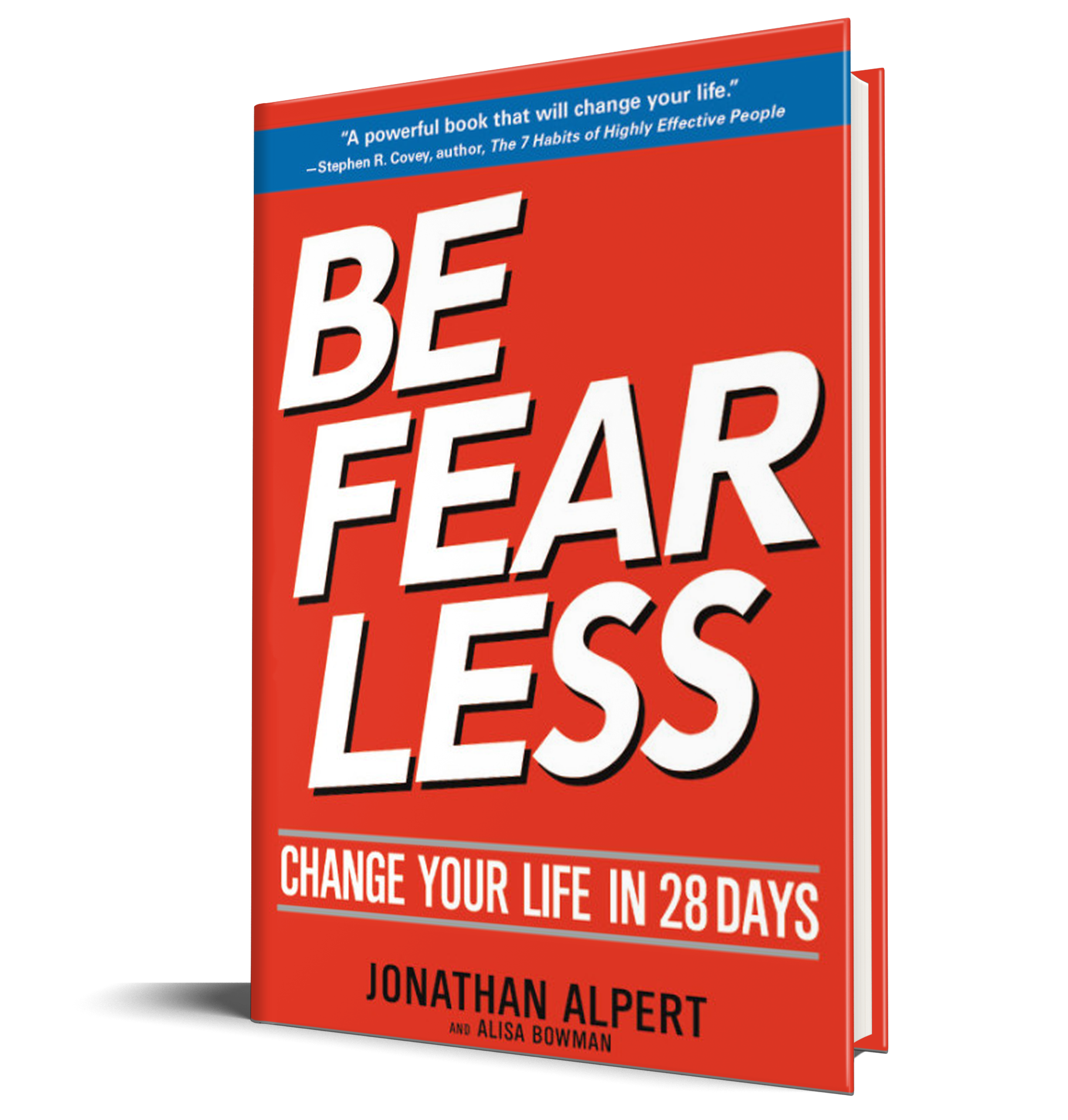In the mega bestseller The Secret, Rhonda Byrne writes about what she calls the Law of Attraction. According to this law, you can attract good or bad outcomes to yourself. You can “manifest” anything you desire as long as you know specifically what you want and think about it diligently enough. According to The Secret, you just have to visualize what you want, ask for it, believe you already have it, and behave as if it is already there in your life. If you want to be rich, for instance, you would envision what it might be like to be rich. You would ask the universe to make you rich. You would frame a fake million- dollar bill, hang it on the wall, and stare at it every day. And you would do things that rich people do. For instance, you would buy designer handbags. Soon money would pour into your bank account.
It’s tempting to want to believe that getting what you want could be so easy and so stress-free. Don’t believe this even for a second. Change takes desire, but it also takes a strategy, hard work, and perseverance.
When I was a kid I used to bury my head in my pillow, close my eyes, and imagine that I was Superman. When I squeezed my eyes shut, I was always a hero. In these fantasies, I flew to rescue the Lois Lanes in my life at the time. This would go on, and on, and on, and it worked — as long as I kept my head buried in that pillow and my eyes squeezed shut. As soon as I opened my eyes and faced real life, I was as wimpy as I’d always been. Wishing to be a hero didn’t make me one. This magical thinking made me feel good and gave me a wild, if not even a delusional, sense of self. But in the end, no matter how much time I spent with my face buried in that pillow, I never did fly or save the damsel in distress.
Similarly, for years I’ve dreamed of having big bulging biceps. I’ve envisioned these biceps for years. To this day, they remain rail thin. Did I not wish for them hard enough? I don’t think so. My guess is that if I would set aside time, consult a trainer, and get pumping, I would get a little definition to my biceps. You can’t wish your biceps bigger. You make your biceps bigger. It’s the same with everything else you want in life. The Secret encourages you to have a vision, and that’s important. You need a vision. But you also need a strategy and an action plan.
Wishful thinking is usually an outgrowth of a fear. People don’t resort to wishful thinking because it works. They resort to wishful thinking because it allows them to avoid confronting their fear. Wishful thinking allows you to avoid discomfort, stress, change, anxiety, and pressure. It’s a lot easier and less stressful to stare at a fake check for a million dollars than it is to work hard.
People resort to wishful thinking and magical thinking when they are afraid of bad outcomes. For instance, they avoid the doctor out of fear and pray for good health instead. They refuse to open their credit card bills out of fear, and they wish for wealth instead. They do not approach people they would like to date, but they attempt to mentally manifest their perfect mate by wishing for him, cleaning out a closet for him, and imagining him. They are fearful they won’t be a success, so they resort to wishing they would write that book instead of actually writing one. Naturally, in the face of fear, it’s easier to think about fantasy than to think about reality.
So next time you’re faced with your dream of success and desire to change, remember, fearful people don’t wish for change, they create it. So create yours!

Published with permission from Be Fearless: Change Your Life in 28 Days by Jonathan Alpert.
Follow us here and subscribe here for all the latest news on how you can keep Thriving.
Stay up to date or catch-up on all our podcasts with Arianna Huffington here.


